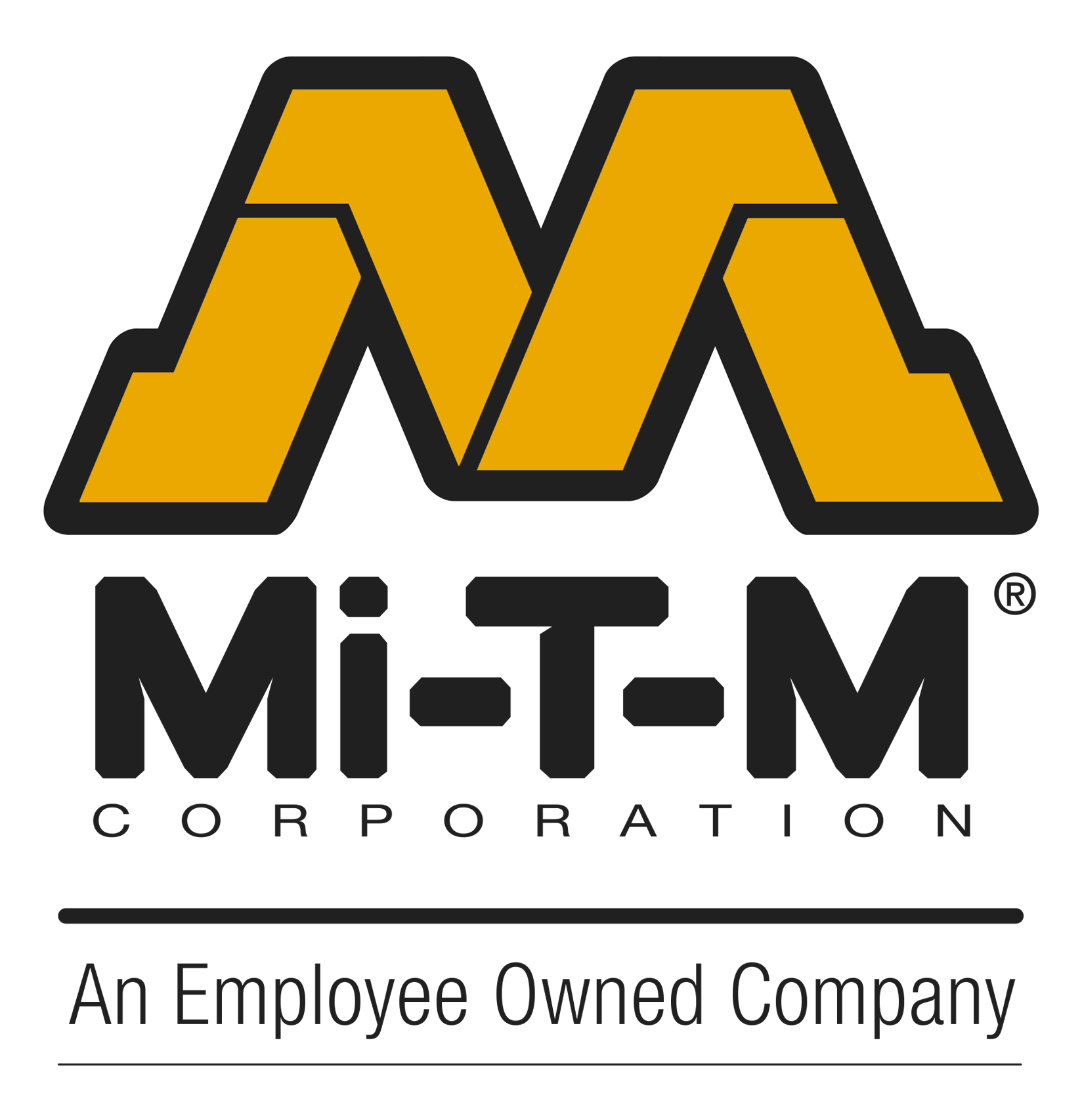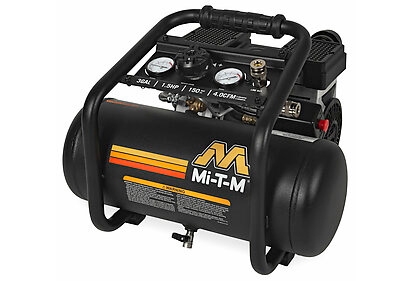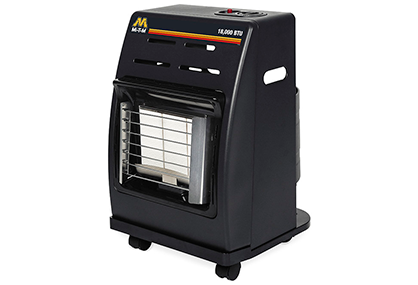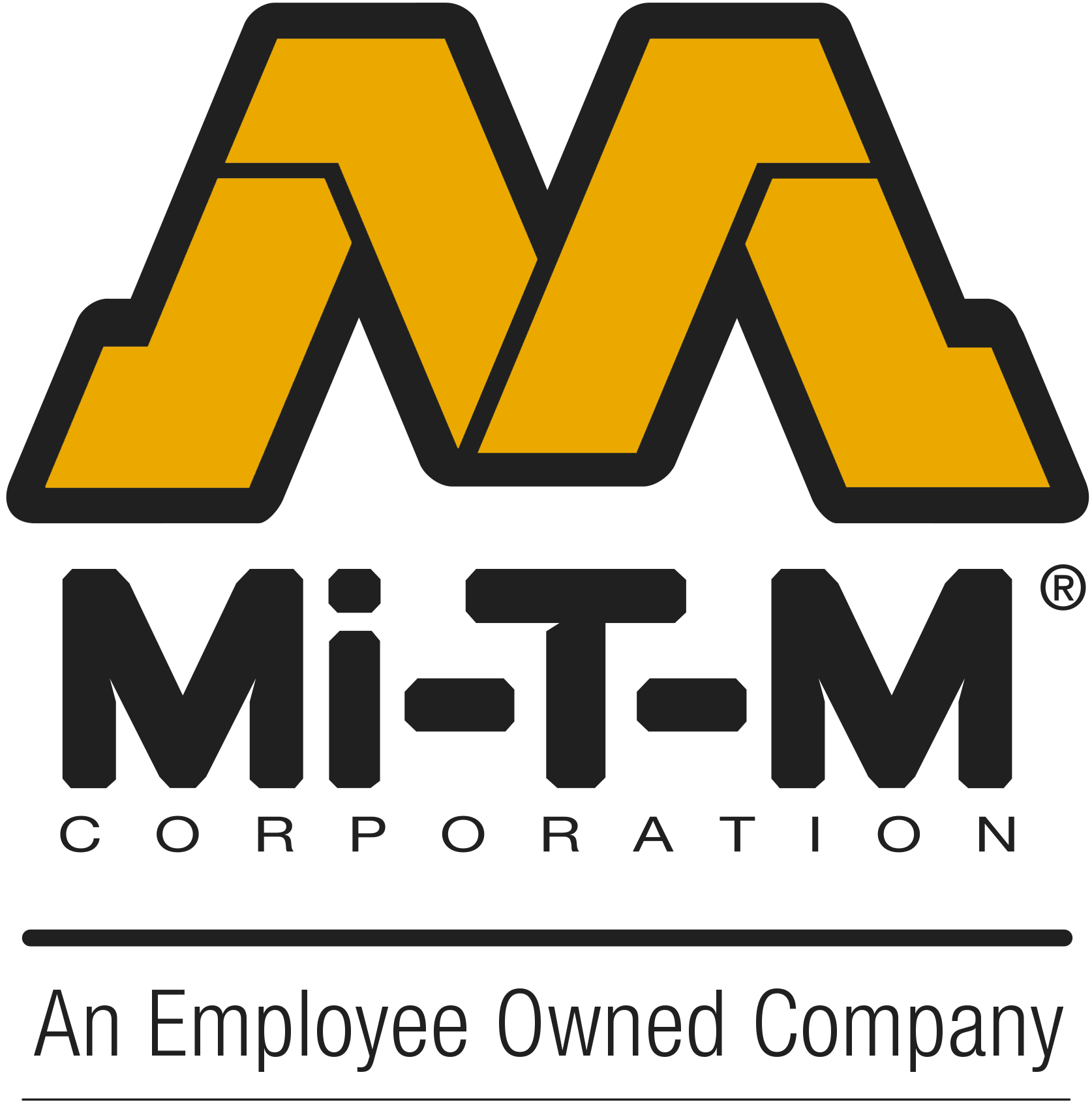For storage and transportation purposes in subfreezing ambient temperatures it will be necessary to winterize your pressure washer. This unit must be protected to the lowest incurred temperature for the following reasons:
- If any part of the pumping system becomes frozen; excessive pressure may build up in the unit which could cause the unit to burst resulting in possible serious injury to the operator or bystanders.
- The pumping system in this unit may be permanently damaged if frozen. FREEZE DAMAGE IS NOT COVERED BY WARRANTY. If you must store your unit in an area where the temperature may fall below 32°F, you can protect your unit by following the procedure outlined below.
Detailed Winterizing Instructions
-
Gather the following items:
- Two 5 gallon containers.
- One gallon of antifreeze. (Mi‑T‑M recommends environmentally safe antifreeze.)
- Water supply.
- Three foot hose, 1/2-3/4 I.D. with a 3/4 inch male garden hose fitting.
Procedure:
- To start winterizing, unit must be ran and primed.
- Shut off the unit and water supply.
- Relieve system pressure by pointing the trigger gun in a safe direction and squeezing the trigger until water flow ceases to exit the nozzle.
- Lock the trigger gun in an OFF position and remove the nozzle.
- Remove the water supply hose from the unit and attach the 3 foot hose securely to the inlet connection.
- Shut off the detergent injector if applicable.
- Fill one 5 gallon bucket with water.
- Holding the 3 foot hose in an upright position, completely fill the hose with water. Then plug the hose outlet with your thumb or finger. Place the plugged end into the 5 gallon bucket of water.
- Start the unit. Trigger the gun several times until all the air is worked out of the system (unit is primed). It may be necessary to adjust the engine RPM down to an idle to aid in priming.
- With the trigger gun held open, siphon enough water out of the 5 gallon bucket until there is just enough water left to mix with the antifreeze. NOTE: Proper winterizing is based on the recommended manufacturer's instructions listed on the "Protection Chart" shown on the back label of most antifreeze containers.
- Point the wand into the empty container.
- Trigger the gun until the antifreeze begins to exit the wand. Release the trigger for 3 seconds, and then trigger the gun for 3 seconds. Continue cycling the gun several times until all the antifreeze mixture is siphoned from the container.
- Detach the 3 foot hose from the unit and drain any excess antifreeze back into the 5 gallon container.
- Disconnect the hose/gun/wand assembly from the unit and drain any excess antifreeze back into the 5 gallon container.
- Store the hose, gun and wand with the unit in a safe area.
- Store antifreeze solution for the next use or dispose of according to state EPA laws.
Optional Procedure:
- Shut the unit and water supply off.
- Relieve system pressure by pointing the trigger gun in a safe direction and squeezing the trigger until water flow ceases to exit the nozzle.
- Disconnect and drain the hose, gun and wand.
- Start the unit and allow it to run until all the water exits the unit. Once the water has stopped flowing from the unit, turn off. NOTE: When using this procedure, caution should be used as ice chips can form from drops of water which could cause the unit to burst if starting before completely thawed.




 Latest Equipment
Latest Equipment
 Accessories
Accessories
 Pressure Washers
Pressure Washers
 Air Compressors
Air Compressors
 Generators
Generators
 Air Compressor Generators
Air Compressor Generators
 Air Compressor / Generator / Welders
Air Compressor / Generator / Welders
 Portable Heaters
Portable Heaters
 Water Treatment Systems
Water Treatment Systems
 Trailers
Trailers
 Water Pumps
Water Pumps
 Wet / Dry Vacuums
Wet / Dry Vacuums
 All Residential Products
All Residential Products
 All Commercial Products
All Commercial Products
 Pressure Washers
Pressure Washers
 Generators
Generators
 Air Compressors
Air Compressors
 Custom Fire Pits
Custom Fire Pits
 Portable Heaters
Portable Heaters




